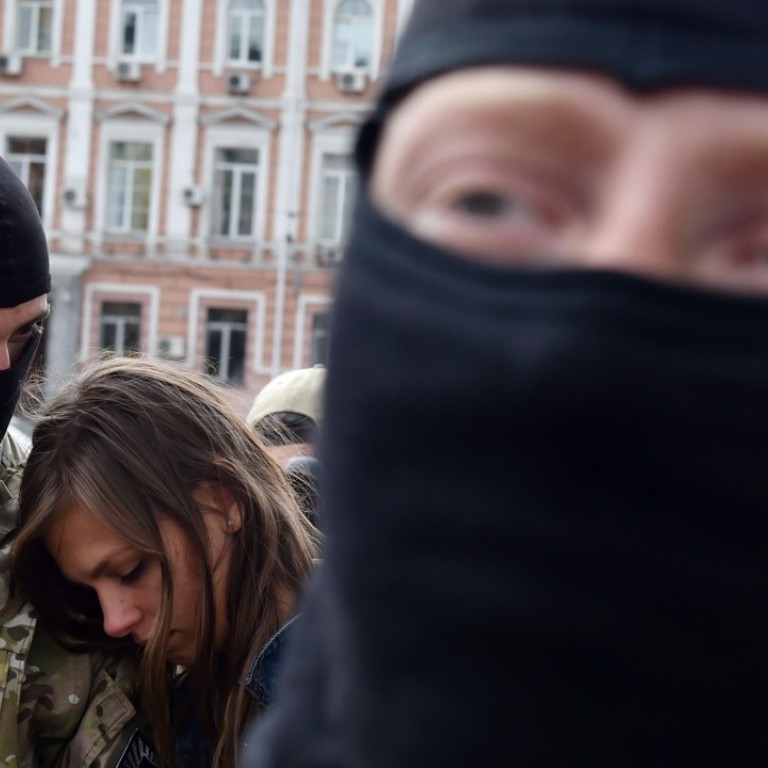
Neo-Nazi militia groups recruit far-right Britons to fight in Ukraine
Neo-Nazi groups involved in the fighting in Ukraine are actively seeking to recruit British far-right activists, a leading anti-fascist watchdog has warned.
At least two Britons are thought to have travelled to the war-torn eastern European country in recent months after encouragement by people linked to the Azov battalion, a notorious Ukrainian fascist militia, according to Hope Not Hate.
The warning comes only four days after the outgoing head of UK counterterrorism policing, Mark Rowley, revealed that four far-right terror plots had been foiled in 2017 and extreme right groups were seeking to build international networks.
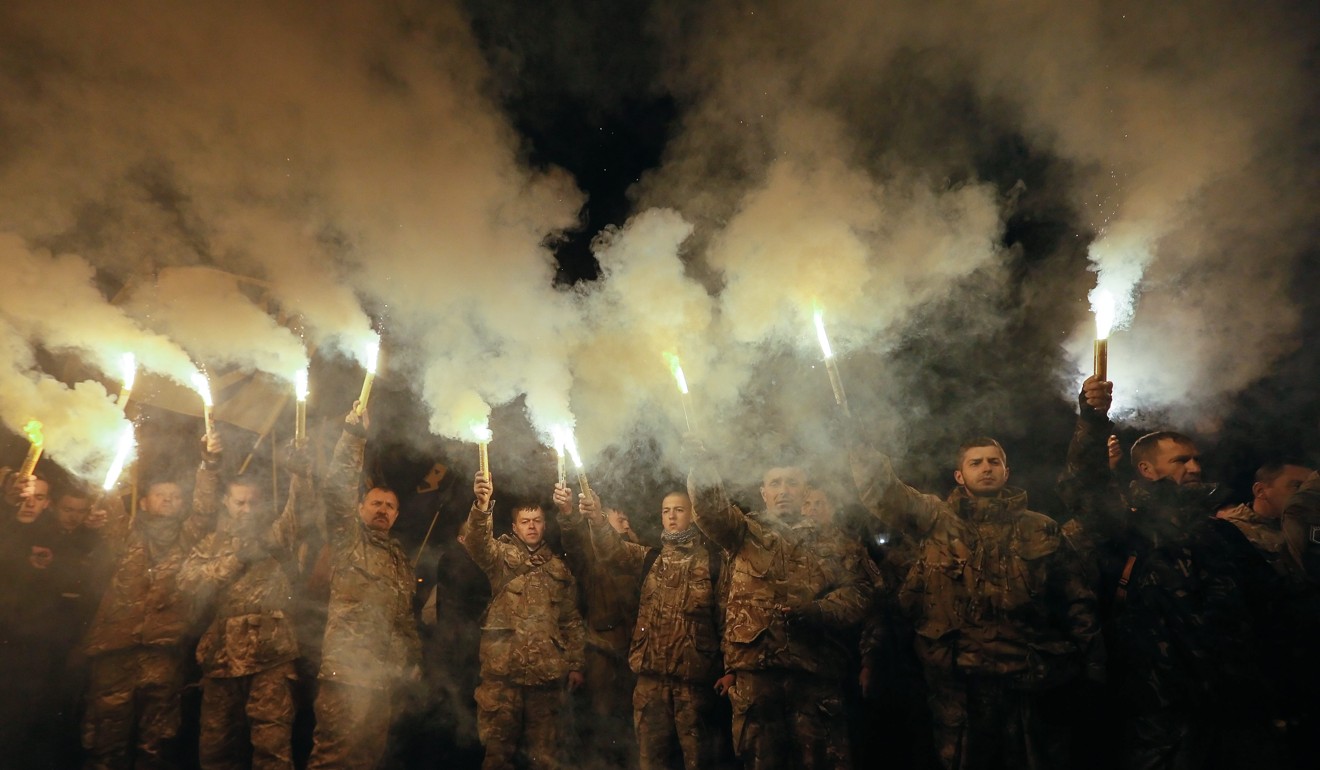
However, Hope Not Hate said it believed only two or three people had so far left Britain to fight in Ukraine, “and it appears none came via the ranks of the established far right”.
But Rowley underlined the threat posed by such links in a speech on Monday, saying of National Action: “For the first time we have a home-grown, proscribed, white supremacist, neo-Nazi terror group, which seeks to plan attacks and build international networks.”
Releasing its annual State of Hate report on Friday, Hope Not Hate put membership of UK far-right groups at 600-700 people, significantly lower than at times in the past, and said “traditional far-right parties like the British National Party and the National Front are now almost extinct”.
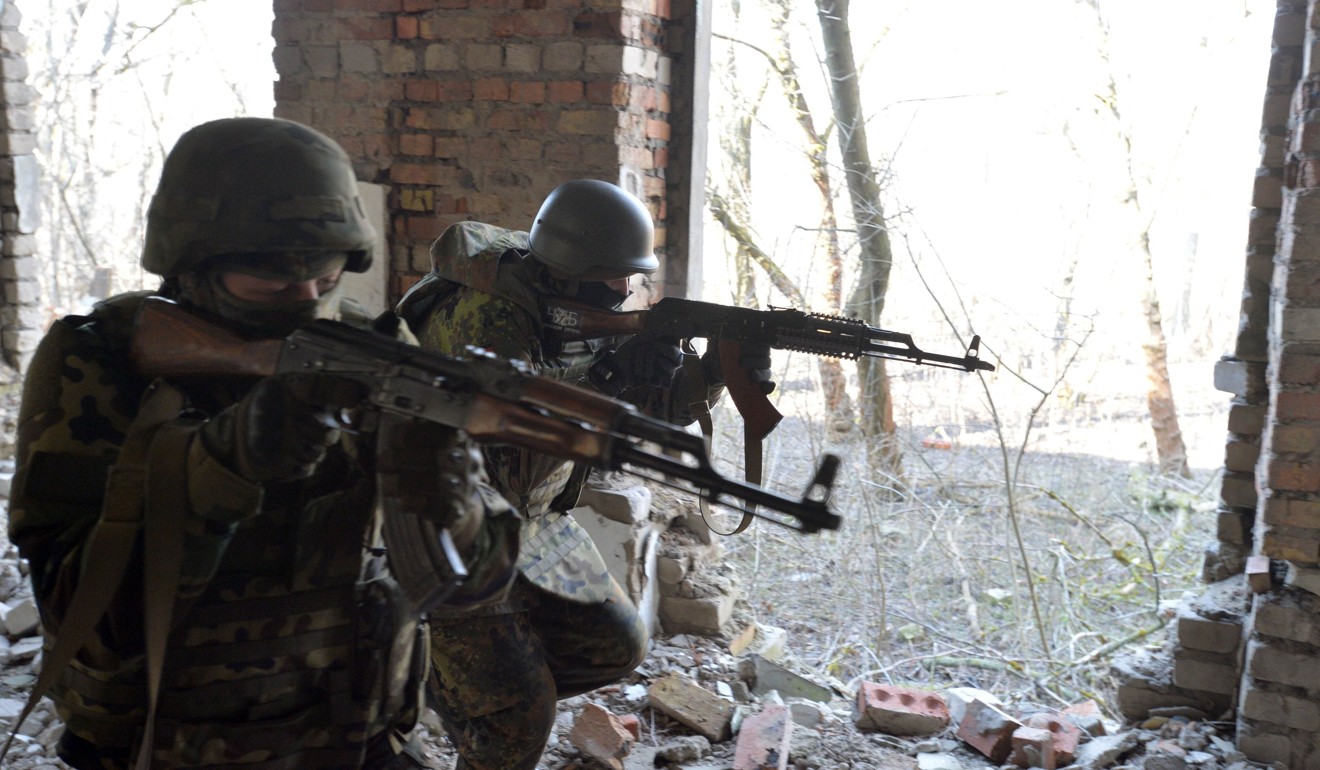
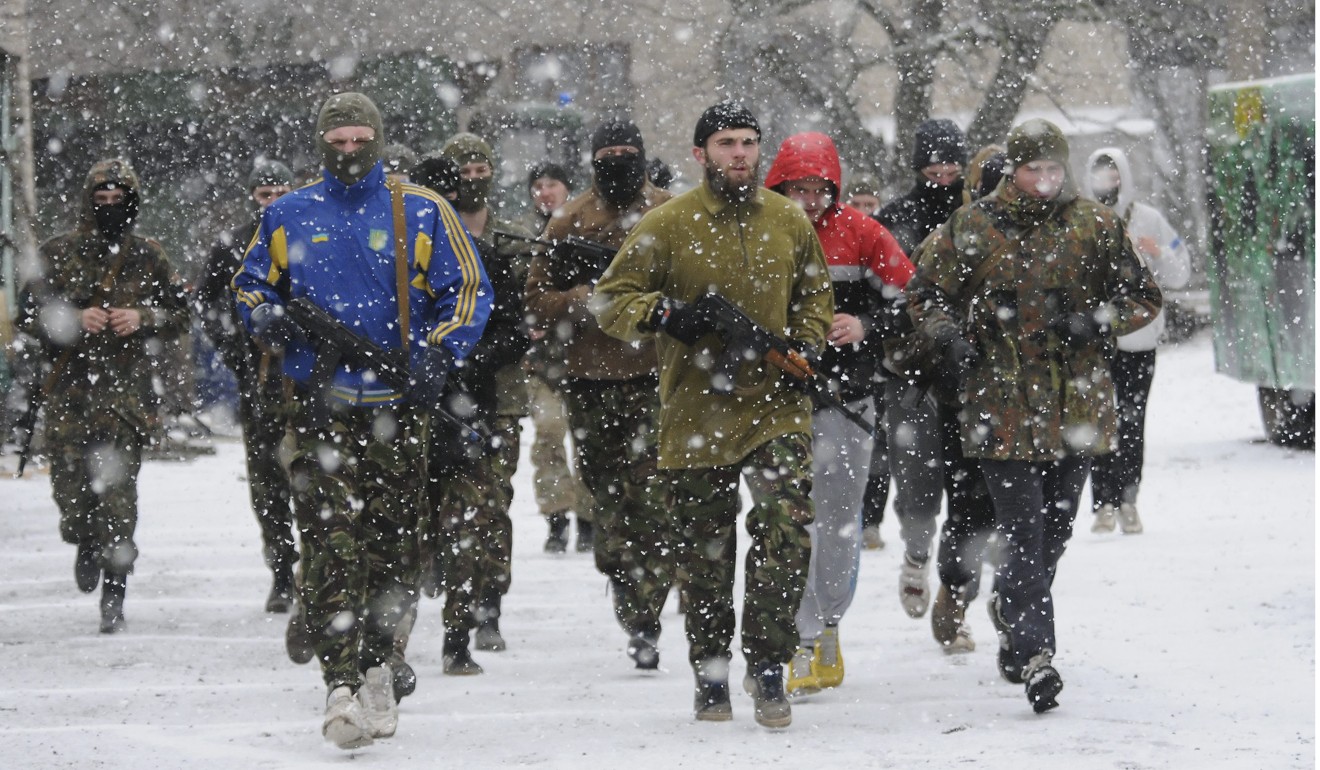
The Hope Not Hate report identifies an “emerging younger generation of far-right activists who are tech savvy, avoid the stereotyped ‘looks’ of the past, and are growing in size and influence”.
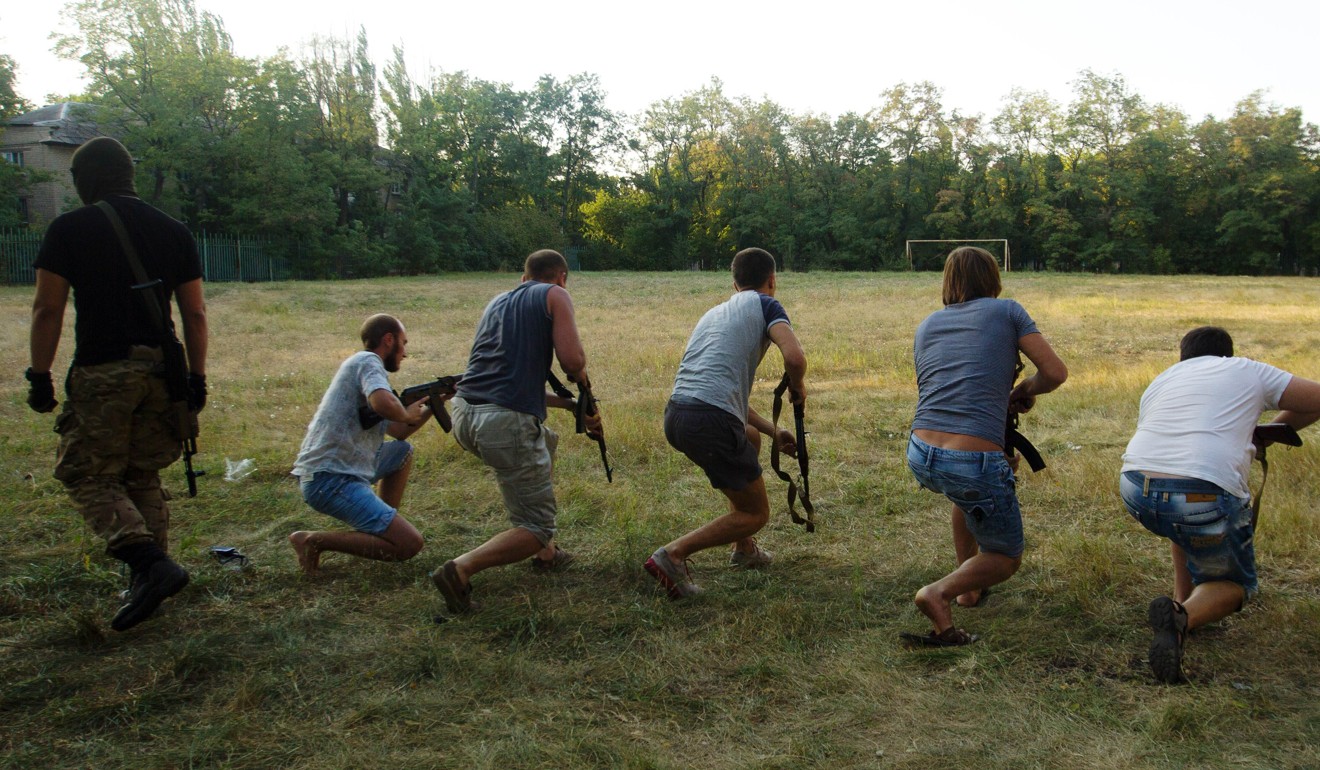
In his speech on Monday, Rowley said: “The rightwing threat was not previously organised. Every now and then, there’s been an individual motivated by that rhetoric who has committed a terrorist act. But we’ve not had an organised rightwing threat like we do now.”
In February, Darren Osborne was jailed for life after being convicted of carrying out a terror attack on Muslims in Finsbury Park, north London, in 2017. The jury heard he had become radicalised over just a few weeks by content posted online by figures such as the former English Defence League leader Tommy Robinson, as well as Britain First and other groups.
In a statement, Ben Wallace, the UK’s security minister, said: “This government did not hesitate to proscribe a neo-Nazi group, National Action, when the evidence was enough, and we will not hesitate to take further action. We have continued to enforce this by proscribing National Action’s known aliases, Scottish Dawn and NS131 as well.
“Through our Prevent strategy, we are successfully fighting back against the terrorist recruiters and safeguarding vulnerable people who are being preyed upon – whether by Islamists, neo-Nazis or other violent extremists. At its heart, this report shines a light on the growth of intolerance across the UK and Europe and we should all take a stand against extremism, whether it is expressed by far right, Islamist groups or other movements.”

